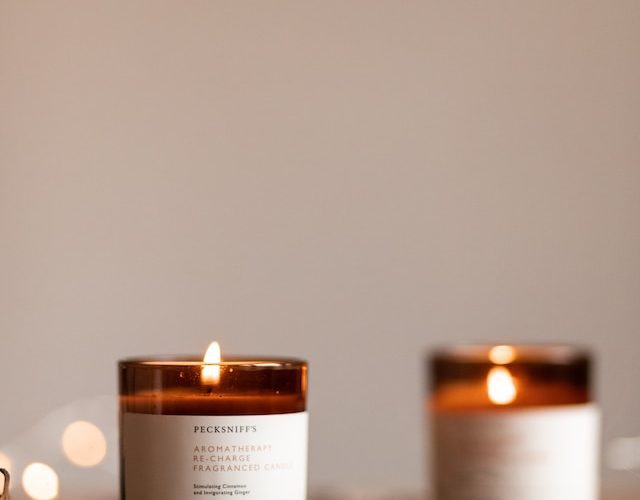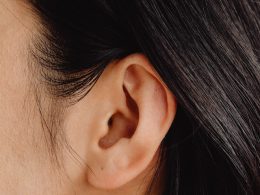Introduction:
In a world where pleasant scents are highly coveted, air fresheners have become a popular solution for eliminating odors and creating a welcoming environment. However, behind the delightful fragrances and aesthetic appeal lie potential dangers that warrant our attention. In this article, we delve into the alarming risks associated with the overuse of air fresheners, shedding light on why being unable to smell them might be a healthier choice.
The Fragrant Illusion:
Air fresheners are marketed as the perfect antidote to unpleasant odors, effectively masking unwanted smells and creating a pleasant atmosphere. However, these products often work by introducing a cocktail of chemicals into our living spaces, posing various health concerns.
- Indoor Air Pollution:
Studies have revealed that air fresheners release volatile organic compounds (VOCs) into the air, contributing to indoor air pollution. VOCs, such as formaldehyde, benzene, and toluene, can lead to respiratory problems, allergic reactions, and even long-term health issues when inhaled regularly and in high concentrations.
- Allergic Reactions and Asthma:
For individuals with respiratory conditions like asthma or allergies, air fresheners can be particularly troublesome. The chemicals present in these products can trigger asthma attacks, irritate the respiratory system, and worsen allergy symptoms, such as sneezing, coughing, and watery eyes.
- Hormonal Disruption:
Certain chemicals found in air fresheners, such as phthalates, have been linked to endocrine disruption. These substances interfere with hormonal balance, potentially leading to reproductive disorders, developmental issues in children, and increased risks of certain cancers.
- Environmental Impact:
The environmental implications of air fresheners extend beyond our immediate health concerns. Many of these products are designed for single-use, contributing to plastic waste and landfill pollution. Moreover, the manufacturing process often involves the extraction of non-renewable resources and the emission of greenhouse gases.
A Breath of Fresh Air: Striking a Balance
While the dangers of overusing air fresheners are concerning, it is important to note that not all of these products are created equal. Some manufacturers have started prioritizing natural and eco-friendly alternatives that are free from harmful chemicals. Additionally, adopting alternative approaches to improving air quality can help reduce the reliance on air fresheners altogether.
- Ventilation and Fresh Air:
One of the simplest and most effective ways to eliminate odors is to ensure proper ventilation in our living spaces. Opening windows, using exhaust fans, and allowing fresh air to circulate can significantly improve indoor air quality and reduce the need for air fresheners.
- Natural Alternatives:
Exploring natural alternatives, such as essential oils, can provide a safer and healthier option for freshening the air. Essential oils derived from plants can be used with diffusers or diluted in water to create natural sprays. Not only do these alternatives offer pleasant scents, but they also provide therapeutic benefits.
- Tackling the Source:
Instead of masking unpleasant smells with air fresheners, it is important to identify and address the root cause. Regular cleaning, proper waste disposal, and maintaining good hygiene practices can go a long way in eliminating unwanted odors, making air fresheners less necessary.
Conclusion:
While the allure of pleasant fragrances might be tempting, it is crucial to be aware of the potential dangers associated with the overuse of air fresheners. From respiratory problems and allergic reactions to environmental concerns, the risks demand our attention. By prioritizing natural alternatives, improving ventilation, and addressing the source of odors, we can create healthier and fresher living environments without compromising our well-being.












